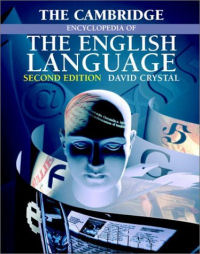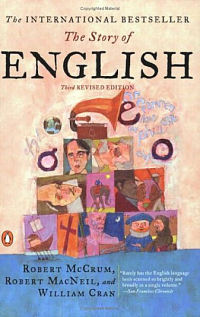
HOME
INTRO
SYMBOLS
ALMANAC
ECONOMY
GEOGRAPHY
STATE MAPS
PEOPLE
FORUM
NEWS
COOL SCHOOLS
STATE QUIZ
STATE LINKS
BOOK STORE
MARKETPLACE
NETSTATE.STORE
NETSTATE.MALL
GUESTBOOK
CONTACT US
South Carolina Law

South Carolina State Language: English
The following information was excerpted from the South Carolina Code of Laws, Title 1, Chapter 1, Article 9, Sections 1-1-696 through 1-1-698.
Title 1 - Administration of the Government
CHAPTER 1. GENERAL PROVISIONS
ARTICLE 9. STATE EMBLEMS, PLEDGE TO STATE FLAG, OFFICIAL OBSERVANCES
SECTIONS 1-1-696 through 1-1-698.
SECTION 1-1-696. Official State language.
The English language is the official language of the State of South Carolina.
SECTION 1-1-697. Use of language other than English prohibited.
Neither this State nor any political subdivision thereof shall require, by law, ordinance, regulation, order, decree, program, or policy, the use of any language other than English; provided, however, that nothing in Sections 1-1-696 through 1-1-698 shall prohibit a state agency or a political subdivision of the State from requiring an applicant to have certain degrees of knowledge of a foreign language as a condition of employment where appropriate.
SECTION 1-1-698. Exceptions to prohibition against use of language other than English.
Sections 1-1-696 through 1-1-698 do not prohibit any law, ordinance, regulation, order, decree, program, or policy requiring educational instruction in a language other than English for the purpose of making students who use a language other than English proficient in English or making students proficient in a language in addition to English.
Sources...
State of South Carolina. South Carolina Code of Laws. Columbia: State of South Carolina, 2011. Web. 28 May 2011. .
Shearer, Benjamin F. and Barbara S. State Names, Seals, Flags and Symbols: A Historical Guide Third Edition, Revised and Expanded. Westport, Conn: Greenwood Press, 3 Sub edition, 2001.
Additional Information
What are the origins of the English Language?: Merriam-Webster, Incorporated3.
A Brief History of English: by Dr. L. Kip Wheeler 1998-2014.
The History of English: How Englsih went from an obsure Germainic dialect to a global language, by Luke Mastin.
More symbols & emblems: Complete list of official South Carolina state symbols.

The English Language
by David Crystal
The Cambridge Encyclopedia of the English Language, by David Crystal. 506 pages. Cambridge University Press; 2 edition (August 4, 2003) The Cambridge Encyclopedia of the English Language is one of the publishing phenomena of recent times. Rarely has a book so packed with accurate and well researched factual information been so widely read and popularly acclaimed. This Second Edition now presents an overhaul of the subject for a new generation of language-lovers. The length of the book has increased by 16 pages and there are 44 new illustrations, extensive new material on world English and Internet English, and a complete updating of statistics, further reading suggestions and other references.

The Story of English
McCrum, MacNeil, and Cran
The Story of English: Third Revised Edition, by Robert McCrum, Robert MacNeil, William Cran. 496 pages. Penguin (Non-Classics); 3 edition (December 31, 2002) Originally paired with a major PBS miniseries, this book presents a stimulating and comprehensive record of spoken and written English-from its Anglo-Saxon origins some two thousand years ago to the present day, when English is the dominant language of commerce and culture with more than one billion English speakers around the world. From Cockney, Scouse, and Scots to Gulla, Singlish, Franglais, and the latest African American slang, this sweeping history of the English language is the essential introduction for anyone who wants to know more about our common tongue.
A History of the English Language, by Albert C. Baugh, Thomas Cable. 447 pages. Prentice Hall; 5 edition (November 19, 2001) For courses in the History of the English Language (English Composition). Comprehensive and balanced, this classic exploration of the history of the English language combines internal linguistic history and external cultural history--from the Middle Ages to the present. Students are encouraged to develop both an understanding of present-day English and an enlightened attitude toward questions affecting the language today.



